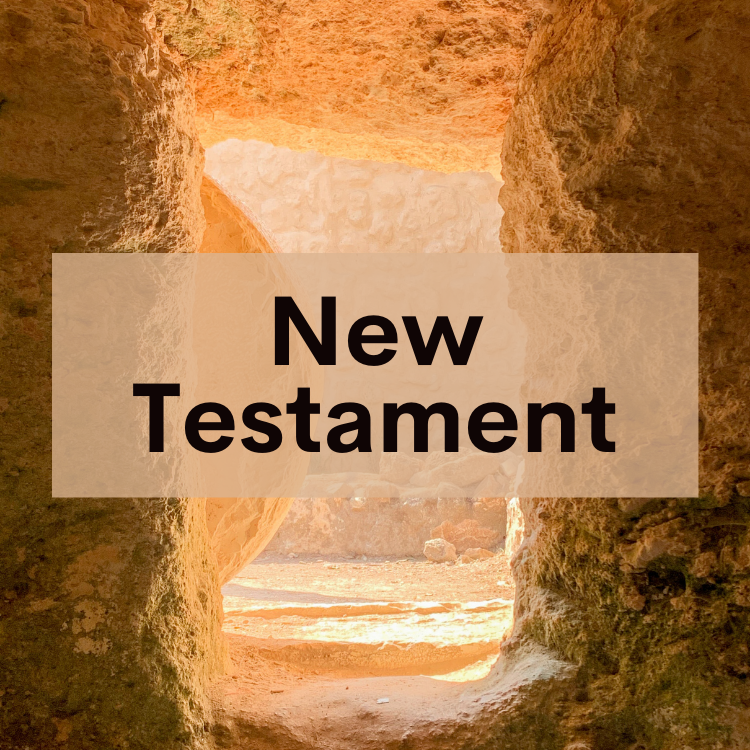Paul's Second Missionary Journey: Into Europe (Acts 15:36-16:40)
Paul’s second missionary trip is filled with adventures, and lessons for us. How do we handle disagreements between spiritual leaders? What can we learn from Timothy undergoing circumcision, "becoming all things to all men", to reach out to Jews? Here we see God using an unjust prison stay to bring a jailer and his family
Paul's Second Missionary Journey: Into Europe (Acts 15:36-16:40) View Lesson
Paul's Second Missionary Journey: Into Europe (Acts 15:36-16:40) View Lesson
